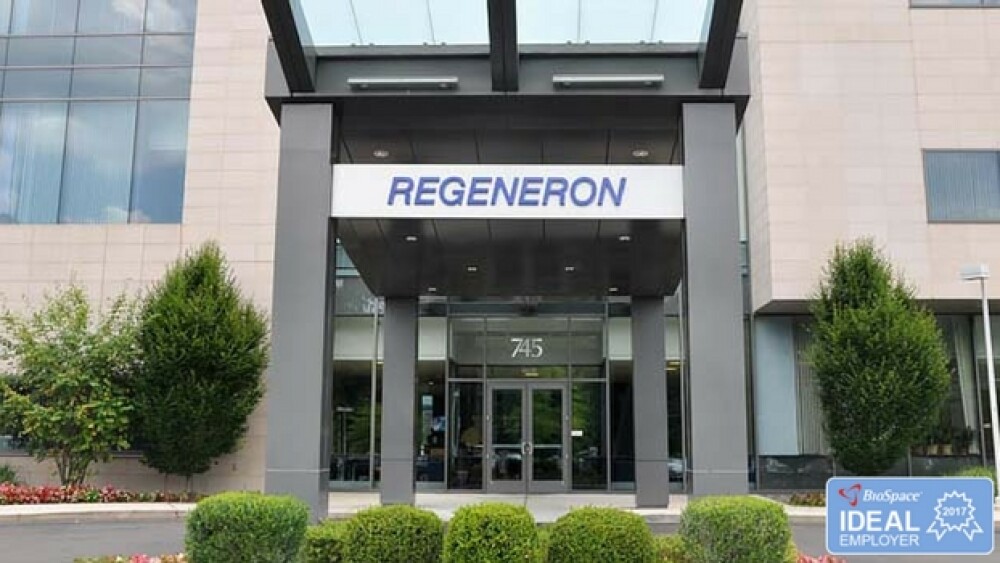Training the next generation of scientists is a key for the future of the biotech industry and Regeneron Pharmaceuticals is taking a lead in that responsibility through its sponsorship of the Regeneron Science Talent Search.
Training the next generation of scientists is a key for the future of the biotech industry and Regeneron Pharmaceuticals is taking a lead in that responsibility through its sponsorship of the Regeneron Science Talent Search.
This year 18-year-old Benjy Firester won first place and $250,000 for developing a mathematical model that uses disease data to predict how weather patterns could spread spores of the late blight fungus, which was the cause of the Irish Potato Famine. The fungus is still responsible for billions of dollars in annual crop damages. The program used existing blight locations, date, time and detailed local weather data to model the likely routes by which late blight will spread and predict likely future infection sites. That model could benefit farmers who use shared data to assess blight risk and reduce the preemptive use of fungicide.
Firester was one of 40 finalists who competed in the nation’s oldest science and math competitions. Formerly known as the Westinghouse Science Talent Search, the program now sponsored by Tarrytown, N.Y.-based Regeneron is designed to engage and inspire the next generation of scientific leaders. The talent search awarded $1.8 million to the young scientists. To be an entrant in the Regeneron Science Talent Search, students must have completed an original research project and extensive application process. Students who undertake this process are recognized for their dedication to the pursuit of STEM fields.
Another teen STEM researcher, Isani Singh, also 18, dove into the genetic disorder called Turner Syndrome, an abnormality in which the second sex chromosome is missing. Singh determined that some of the women with the syndrome have some cells with two X chromosomes. Knowing that most embryos lacking the second X do not survive, Regeneron said Singh adapted a laboratory protocol to search for and find these normal cells in TS embryos. She also identified genes that are underexpressed in TS, a finding that may help physicians and patients better prepare for the variable medical complications of TS, Regeneron added. For her efforts, Singh won third place and $150,000.
This is the second year that Regeneron has sponsored the talent search, which has been ongoing since 1942. Some of the previous winners of the competition have gone on to win Nobel Prizes and invent groundbreaking new medical treatments. In fact, Regeneron was founded by a former winner of the talent search. George D. Yancopoulos, the founding scientists and chief scientific officer of Regeneron, won the competition in 1976.
“Being a winner in what was then the Westinghouse Science Talent Search changed my life and inspired me to devote my life to science. We hope the same for this year’s competitors, and that people of all ages will look to them as role models and be similarly inspired to change the world through science,” Yancopoulos said following the announcement of this year’s top three talent search winners.
In addition to the mathematical formula developed by Firester and Singh’s work with Turner Syndrome, other finalists’ projects included: an examination of the response of lung epithelial cells to fluids used in vaping and the creation of a smart bionic leg brace that bends the knee automatically as the wearer walks.
In all the talent search tapped 40 young people as finalists. Each of the finalists was awarded a minimum of $25,000 and the top 10 wards ranged from $40,000 to $250,000. The 40 finalists are from 31 schools in 15 states.
In 2017 Regeneron became only the third sponsor of this talent search. The company has committed to a 10-year and $100 million commitment to the competition, which includes an increase in the monetary awards.





